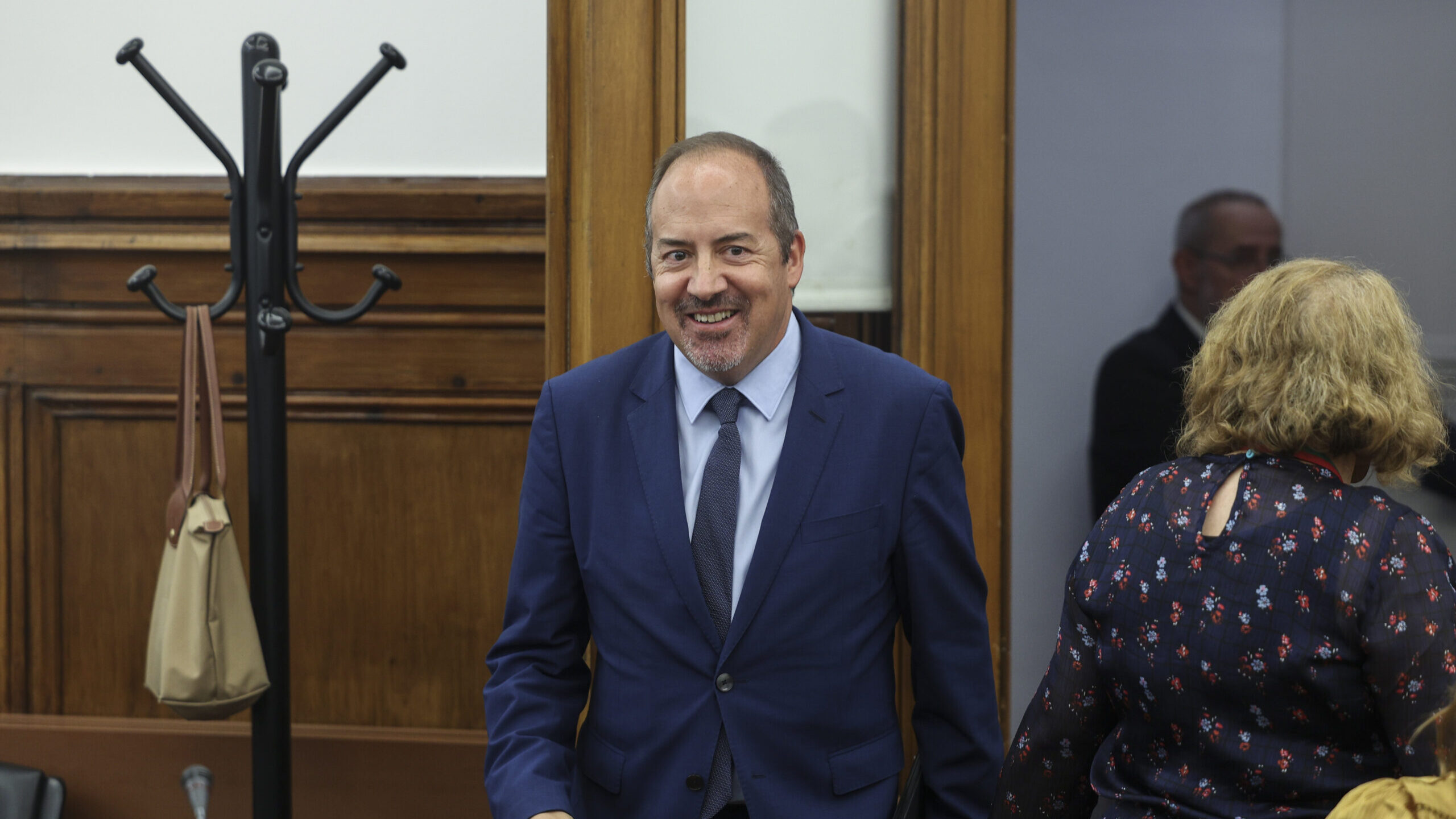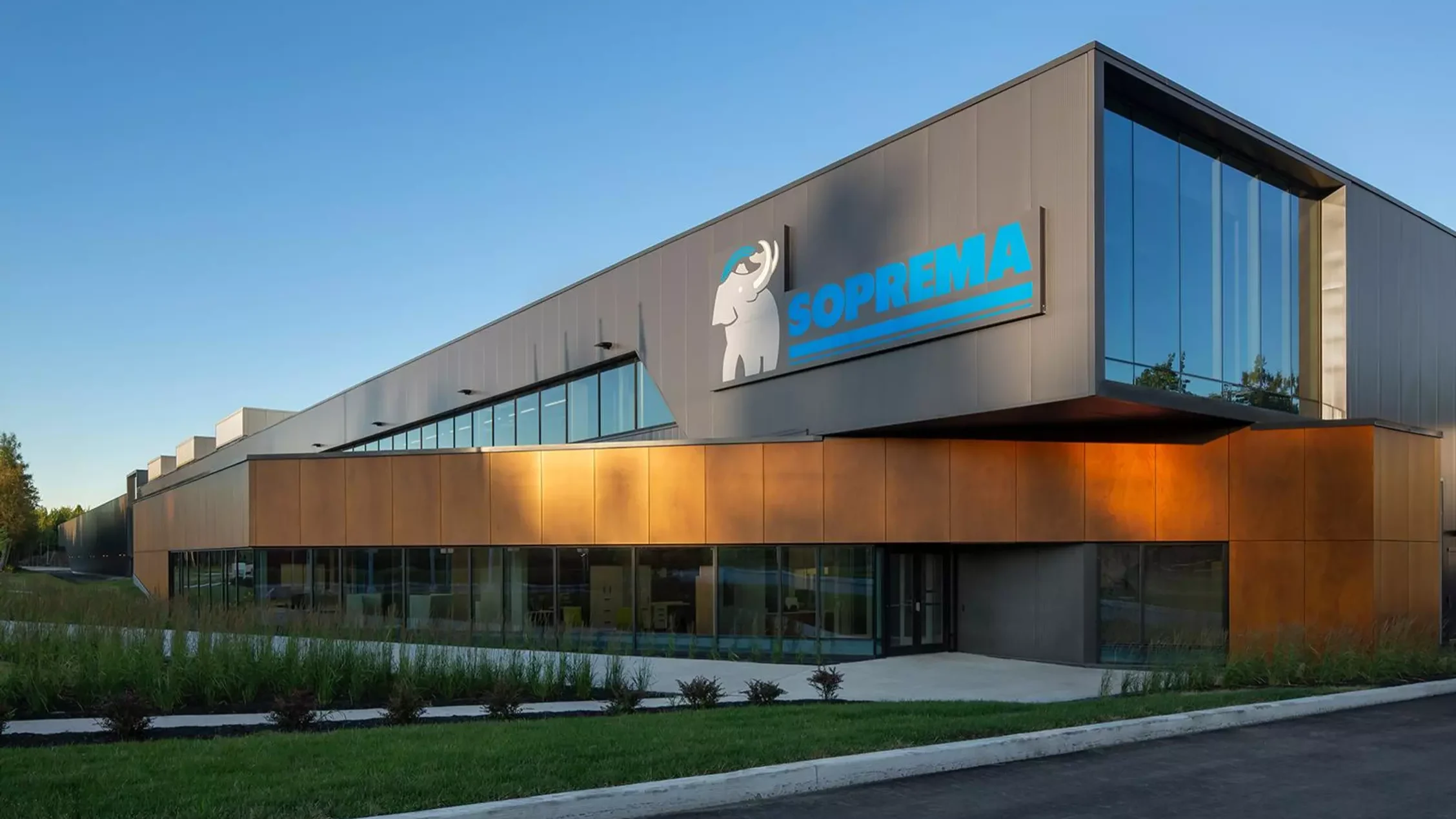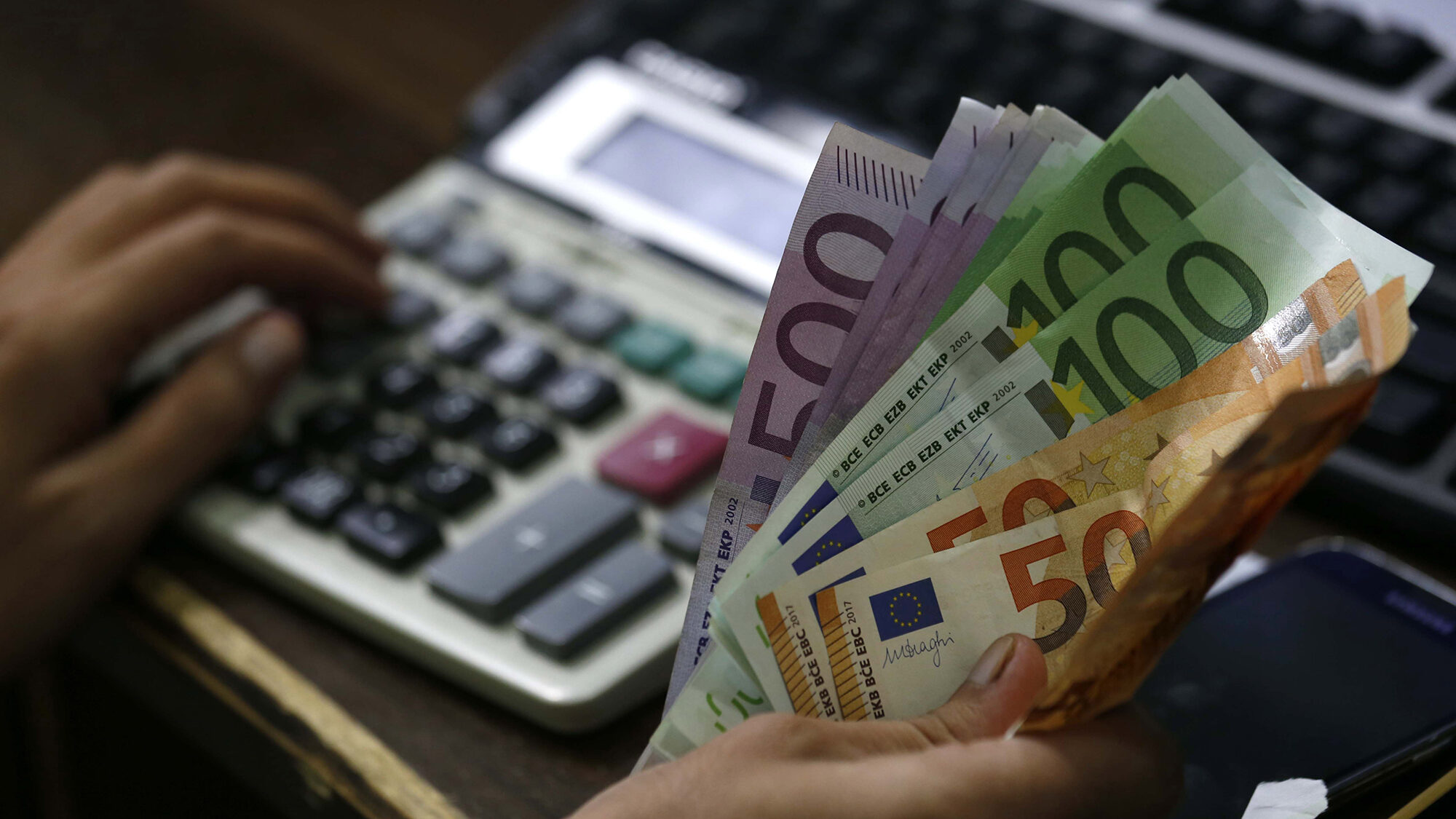Sale of Unbabel for “relatively low value” resulted in “total loss” for many investors
With "unpromising" prospects and a 50% drop in turnover, Unbabel was sold for "a relatively low value". Some investors lost everything.
The sale of Unbabel to the American company TransPerfect was justified by its founder as necessary to “find a partner” that would allow the start-up to “scale much faster”. The operation was also presented as “a success”, with Vasco Pedro declaring himself “very happy with the outcome”. However, the transaction took place for “a relatively low price” and resulted in a “total loss” for some investors, ECO learned from sources familiar with the deal.
Since at least June, Unbabel’s prospects had been seen as “unpromising” after the startup’s turnover plummeted by almost 50% in the space of a year, according to data accessed by ECO. Despite being publicly regarded as one of the country’s most promising technology startups, and having had the distinction of being the first startup to join the renowned American incubator Y Combinator, Unbabel was losing customers over the last year, replaced by “generative AI solutions without human intervention” which, for that very reason, are “much cheaper”, said a source familiar with the situation.
In this context, “not everyone lost everything”, but for many investors, the sale of Unbabel to TransPerfect represented a “total loss” of the amounts invested. This was the case for Explorer Investments, which manages several funds that have invested a total of four million euros in Unbabel since 2023.
On 11 September, António Rocha e Silva, a partner at Explorer, sent an email to clients, to which ECO had access, announcing the write-off of investments made in Unbabel: “As we have been mentioning, and also in light of recent news regarding the sale of Unbabel, we would like to inform you that, as had been anticipated since May, having failed to raise the necessary investment round to cover the losses, the company was eventually sold to the American company TransPerfect, thus maintaining most of the jobs. It should be noted, however, that the sale price did not allow for any return to any of the investors.”
In the same email, Explorer’s partner also recalled that “the company was supported” by American venture capital funds, such as Point72, Scale, and Notion, among others. The manager also pointed out that this type of investment involves a higher risk for the capital invested than more mature and “low-risk” companies. “We would like to remind you that this investment is part of the venture capital investment strategy that had been defined from the outset, which, despite the higher inherent risk, has a very low weighting and impact”, the manager reassured.
Contacted by ECO, an official source at Explorer Investments responded, after this piece was published, that “the investment in Unbabel was made during a period of rapid growth for the company, with its technology being recognised globally as one of the leaders in the translation sector”.
“Despite the positive momentum and favourable outlook, Explorer chose to maintain limited exposure to Unbabel, approximately 2.5% per fund, being one of the smaller investors in the round, holding less than 3% of the company, reflecting our conservative approach to risk management”, it added.
“This investment is part of the Growth funds’ strategy, which allocates a small portion of the Fund’s capital to high-potential, high-risk companies. Thus, Unbabel’s impact on the fund’s overall performance will be quite small and is expected to be largely offset by gains observed in other investments”, an official source at Explorer Investments also emphasised.
ECO was unable to ascertain why some investors did not suffer total losses, which may be related to different share classes and the type of investment made, according to a source. Despite attempts through Unbabel’s communications agency, The Square, it was not possible to speak to Vasco Pedro, the company’s founder, who is currently out of the country.
Exit or rescue?
Unbabel’s key financial indicators reveal a situation in which the sale is more like a rescue than the announced exit — an expression commonly used in the ecosystem when founders sell a company, pocketing large sums of money. This is especially true because the company was unable to close the capital round it was preparing after one of the investors withdrew, which precipitated this outcome: the takeover of Unbabel by a global translation giant.
Between June 2024 and June 2025, Unbabel’s turnover plummeted 45.6% to €8.541 million after several customers abandoned the startup’s products in favour of simpler translation tools powered by artificial intelligence (AI).
In addition, Unbabel had posted negative operating results (EBITDA) for at least four quarters, reaching more than €12.5 million in the last quarter of 2024, before improving to -€4.341 million at the end of June this year, following a restructuring process carried out at the beginning of the year, according to information obtained by ECO.
Given these figures, Unbabel’s situation had already been setting off alarm bells among investors since at least June. A confidential report by Explorer Investments, dated at the end of that month, states that the year was proving “particularly challenging for the company, as the artificial intelligence revolution continues to gather pace, leading some customers to dispense with Unbabel’s products in favour of AI tools for simpler translations”. “This trend has directly impacted Unbabel’s turnover, especially in segments where the company has greater exposure, such as Customer Support”, the document explains.
Furthermore, in a section dedicated to the company’s ‘future prospects’, the negative outcome for investors was foreshadowed. “The medium- and long-term prospects for the company are, at this stage, not very encouraging. Unbabel faces a particularly challenging moment, with its business model being profoundly impacted by one of the fastest-adopted technological revolutions in history. This transformation has generated significant operational challenges and hindered the completion of the investment round planned for this year”, Explorer pointed out.
At issue was a failed capital round in which Iberis Capital, which then held 10% of Unbabel, was to participate, according to Jornal Económico in July. At the time, the start-up responded by stating that it was “in the process of an acquisition” and “in advanced negotiations with several parties”. “An investor chose to pull out at the last minute. That decision did not change our focus”, it assured. ECO asked Iberis whether it also suffered losses from the sale of Unbabel, but the company declined to comment on the situation.
When asked whether the sale of Unbabel fits the concept of an exit or a rescue, a source close to the situation, who requested anonymity to speak openly on this topic, explained that “it’s not really a rescue, it’s a sale to a larger group at a relatively low price”. “I wouldn’t call it an exit. But honestly, most exits in Portugal are of this type”, they commented.
That said, the same source added: “We always say that we cannot penalise and stigmatise mistakes and when things don’t go well, so there’s no point in beating ourselves up when things don’t go well. Otherwise, the culture of risk aversion continues. It’s part of it.”
TransPerfect, which has been acquiring many companies in recent years, has not yet publicly explained the direction it intends to take with Unbabel. However, for the tech startup founded in 2013 in Lisbon, currently with offices in San Francisco, New York, London and Tokyo — and which, in addition to being recognised as an innovative Portuguese company in the field of AI, was considered a potential future “unicorn” — this transaction represented one of the most important chapters in its history, whose future is yet to be written.
However, at least two innovative projects that originated within Unbabel will continue their journey in Portugal. One of them is Halo, an innovative AI technology to help patients with Amyotrophic Lateral Sclerosis (ALS), which was the subject of a spin-off and continues as an independent start-up, led by Paulo Dimas, until recently Unbabel’s vice-president of product innovation, who announced his departure from the start-up this month. The other project is the Centre for Responsible AI, also led by Paulo Dimas, which originated from a consortium that Unbabel applied for under the mobilising agendas of the Recovery and Resilience Plan (PRR) and which, in May this year, became an independent non-governmental organisation (NGO).
As for Unbabel, owned by TransPerfect, “the company is now part of a larger group and can now be reborn within a larger group”, recalls a source heard by ECO. “Therefore, from that perspective, it continues and generates value for society.”




